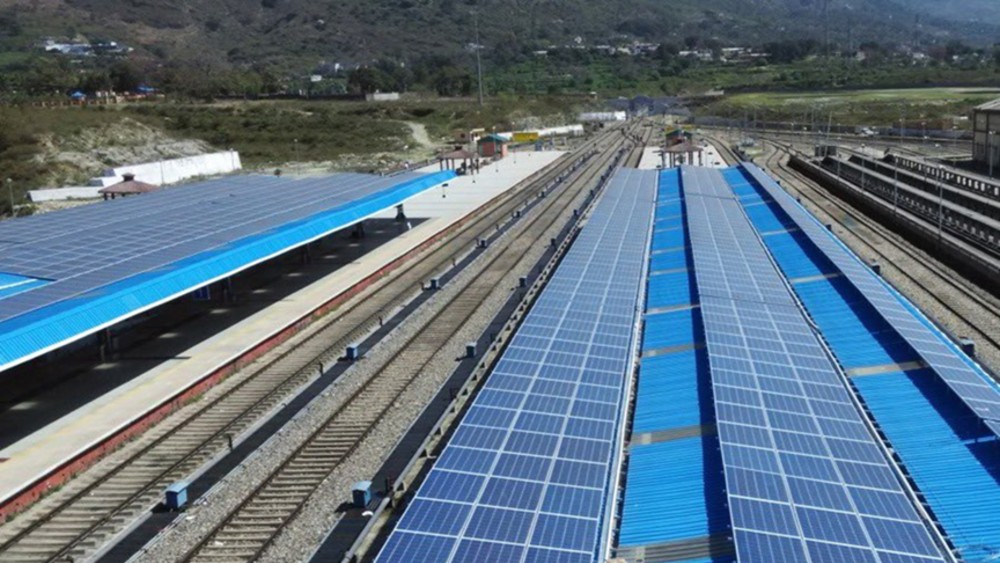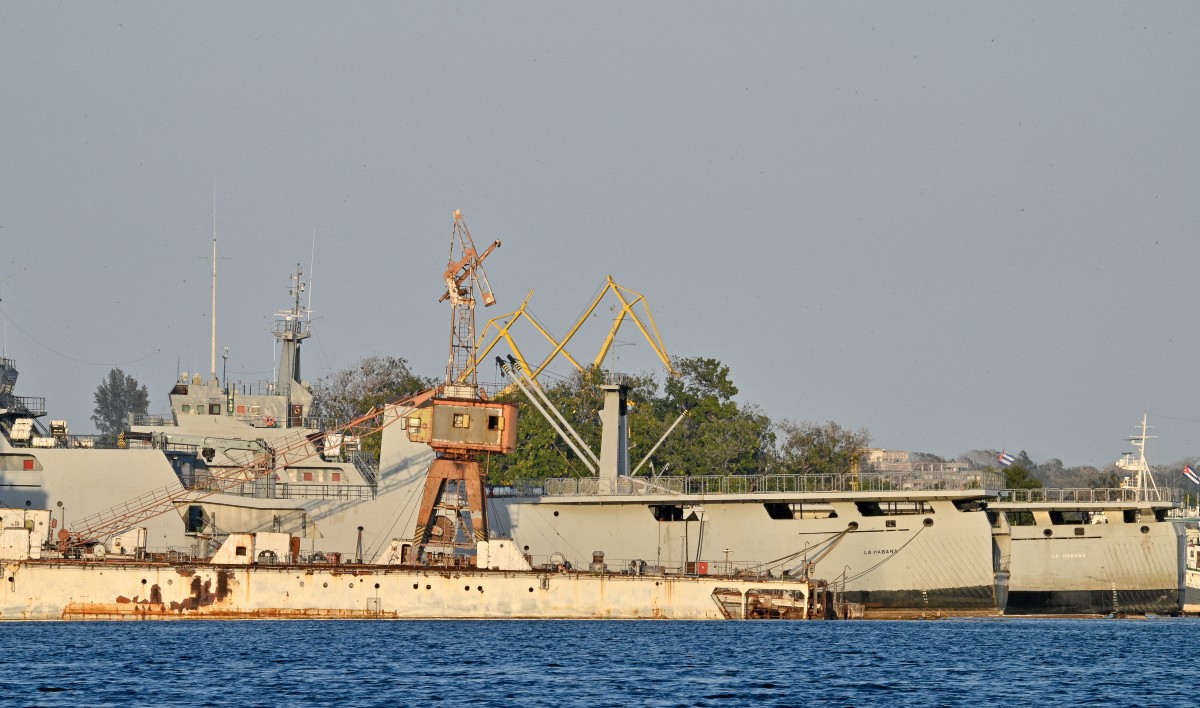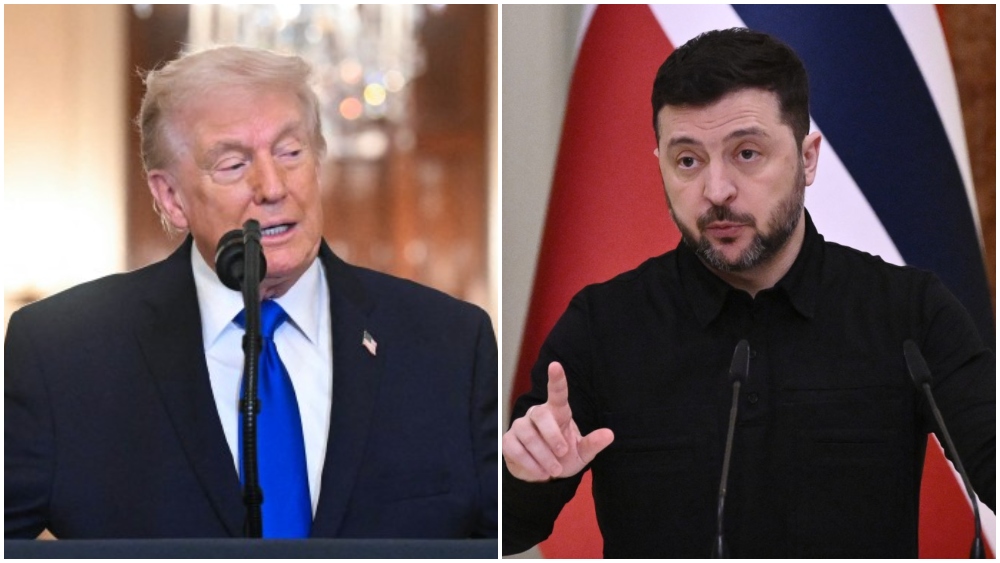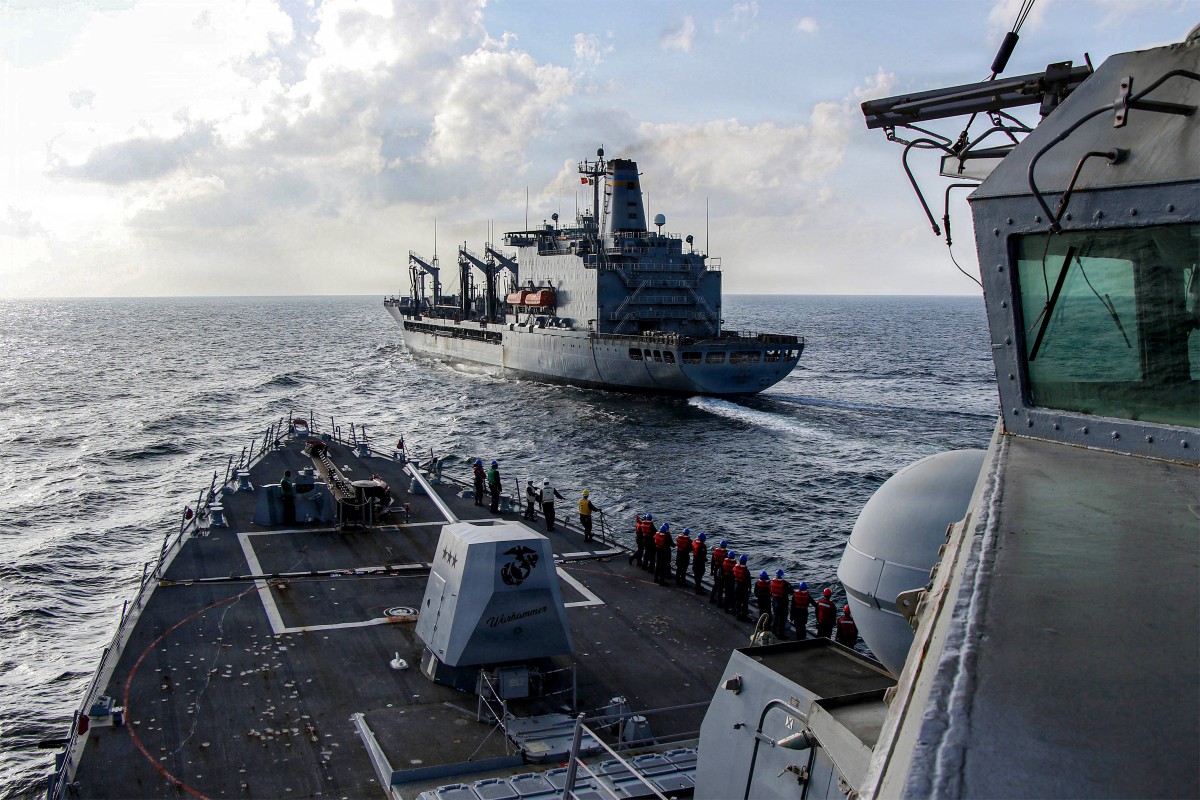ISLAMABAD: A dramatic moment at the Dubai Airshow 2025 pushes India’s LCA Tejas and Pakistan’s JF-17 Thunder fighter jets into comparison, after the Indian combat aircraft suffered an oil leak that went viral on social media.
The incident left Tejas drawing noticeably lighter footfall at its display area. In stark contrast, Pakistan’s JF-17 Thunder continued to attract a steady stream of aviation enthusiasts, defence professionals, and families, reinforcing Pakistan’s rising profile in the regional aerospace arena.
Appearing on Pakistan Television’s programme Newsroom, Air Marshal (retd) Arshad Malik, former vice chief of air staff, who played a key role in the development of JF-17, said both Tejas and the JF-17 were products of broader modernisation and self-reliance efforts by India and Pakistan respectively.
“India calls it Made in India, whereas Pakistan simply stated that it is going to be an indigenous product. Of course, we joined hands with our time-tested friend China,” Air Marshal (retd) Malik said.
The retired air marshal explained that when evaluating aircraft, experts focus on design, operational maturity, adaptability, flexibility, and overall feasibility. He said international airshows like Dubai, Farnborough, and Paris attract “all aviation enthusiasts” who closely examine the technical and aesthetic strengths of the aircraft on display.
Referring to the Dubai incident, Air Marshal (retd) Malik said while technical issues such as leaks can occur in any aircraft, the manner in which the situation was handled raised concerns.
“When an aircraft projected as a modern, lightweight, indigenized platform starts to have leaks—well, leaks could be there, that’s not a problem. But how you handle it, that’s a pity,” he remarked.
Taking a swipe at the response to the oil leak, the former vice chief of air staff said: “Putting up shoppers to control the leakage reflects the mindset, training, and skills of the Indian Air Force. It’s worrisome not only for India but also for aviation enthusiasts observing these platforms.”
Calling the episode “unprecedented” and reflective of “poor professionalism”, he suggested that the Indian Air Force has struggled to project Tejas as a credible platform.
In contrast, Air Marshal (retd) Malik highlighted Pakistan’s success with the JF-17 program, particularly the Block III variant.
“Pakistan Air Force has demonstrated through the JF-17 program that it is a viable, adaptable, flexible, and versatile aircraft,” he said.
He emphasised that JF-17’s integration flexibility, including modern radar systems and advanced onboard missiles, was achieved indigenously.
“We have combat-proven it in 2019 and again in 2025,” he added.
The retired air marshal said India would find it “very difficult” to prove Tejas is compatible with the JF-17, especially in light of international acceptance.
“Argentina has inducted JF-17. Myanmar has inducted it. And very soon, we are going to sign deals with Iraq and Azerbaijan,” he said, describing these developments as signals of confidence from professional air forces.
Discussing the production framework of the JF-17, he noted that 58% of the parts are manufactured in Pakistan and 42% in China, with 100% of the assembly carried out in Pakistan.




.jpg)